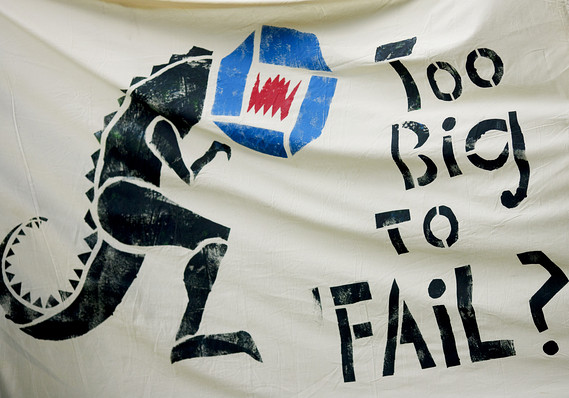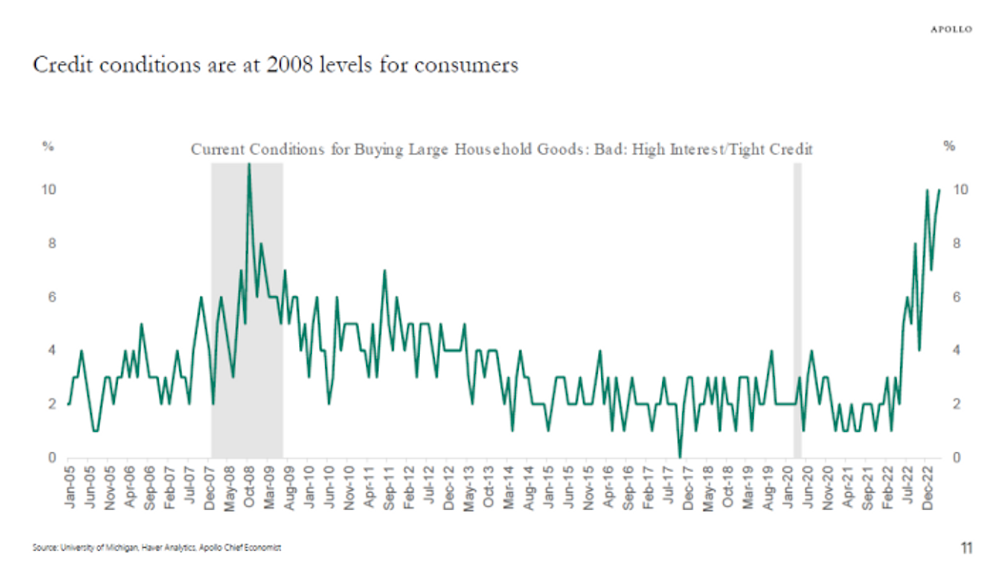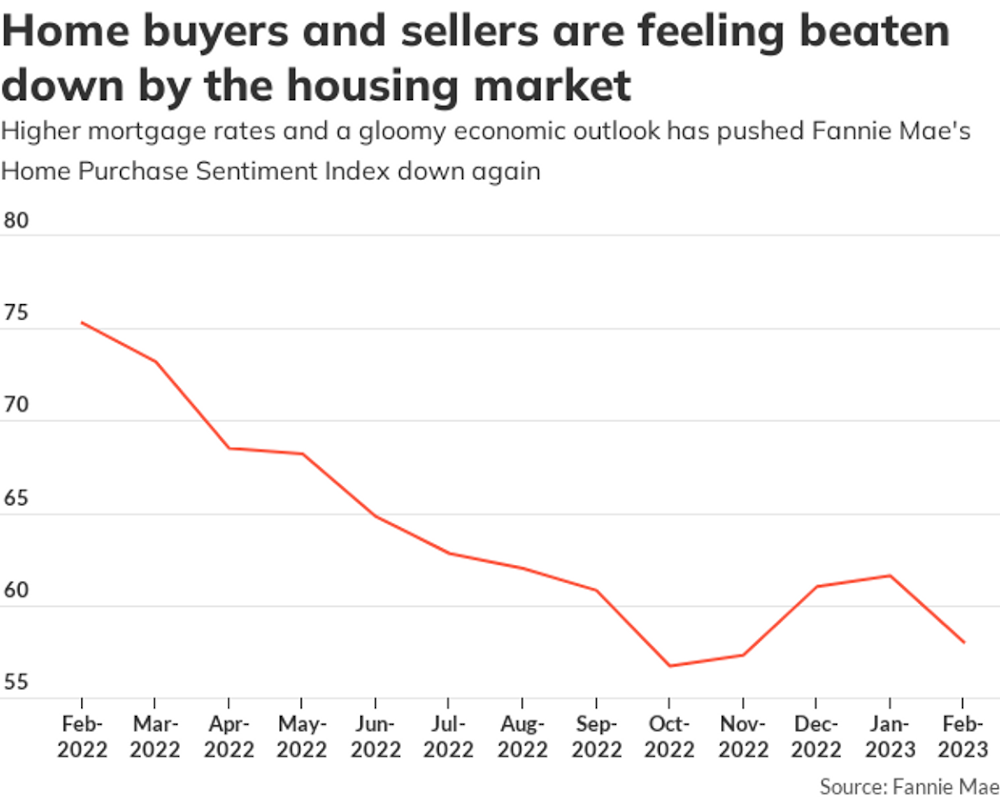By MarketWatch
Private-sector activity in the euro zone grew at a slower pace in October,
suggesting that the currency area's return to economic growth remains tentative
as it enters the final quarter of the year Distilling the results of its survey of 5,000 companies in the services and manufacturing sectors, data firm Markit said its Composite Purchasing Managers Index fell to 51.5 from 52.2 in September
A level below 50.0 indicates activity is declining, while a reading above that mark shows that activity is increasing
The outcome was weaker than expected, with 14 economists surveyed by The Wall Street Journal last week having estimated that the measure rose to 52.4 in October
The PMI for the services sector fell to 50.9 from 52.2, while the PMI for manufacturing rose to 51.3 from 51.1
Despite the slowdown across the euro zone as a whole, there were signs that growth was becoming more balanced
Business activity barely grew in France and slowed in Germany,
but other parts of the euro zone recorded a third straight month of increased activity, the first such stretch since the second quarter of 2011
The survey showed that activity is unlikely to pick up strongly in the coming months
While new orders continued to rise, they did so only slightly
And in a sign that businesses lack confidence in the strength of future demand, payrolls were cut for the 22nd month in a row, indicating that a rapid decline from near record-high levels of euro-zone unemployment is unlikely
"The dip in the PMI in October is clearly disappointing, but it would be unwise to read too much into one month's data," said Chris Williamson, chief economist at Markit
"It's too early to say that the recovery is losing momentum."
Figures released by the European Union's official statistics agency Eurostat showed that the euro zone's gross domestic product rose in the three months to June, having fallen for the previous six quarters
Eurostat will publish GDP figures for the third quarter on Nov. 14.
While business surveys suggest the euro-zone economy continued to grow in the three months to September,official figures for industrial production are less clear, and unemployment remains elevated
Earlier this month, an influential group of European economists that calls periods of expansion and recession said it was too early to declare that the euro zone has emerged from recession, and the single-currency area's return to growth in the second quarter may prove temporary
The Centre for Economic Policy Research's Business Cycle Dating Committee doesn't use the common definition of a recession as being two consecutive quarters of contracting GDP
Instead, it the uses a broader definition, as does the National Bureau of Economic Research's Business Cycle Dating Committee in the U.S., placing more weight on developments in the jobs market
Eurostat figures show that euro-zone employment fell in the second quarter




















12 comentarios:
LONDON--Private sector economic activity in Germany grew at the slowest pace in three months during October, a survey showed Thursday, in a fresh sign of the fragility of the euro zone's economic recovery.
Data firm Markit's preliminary composite purchasing manager's index fell to 52.6 from 53.2 in September. A reading below 50 indicates economic activity is declining.
The preliminary services PMI fell to 52.3 from 53.7, while the PMI for manufacturing rose to 51.5 from 51.1.
The survey indicated that activity is unlikely to pick up strongly in coming months. While new orders continued to rise, they did so only slightly, and at the slowest pace since July. In a sign that German businesses lack confidence in the strength of future demand, payrolls were cut, having risen in September.
FRANKFURT--German business sentiment unexpectedly deteriorated in October as sales expectations slipped in most sectors, including manufacturing, indicating that the economy is only gradually regaining its strength.
The Ifo institute's business confidence index dropped for the first time in six months, to 107.4 in October from 107.7 in September, and fell short of economists' forecasts for an increase to 108.0.
But overall business sentiment remains robust and the economic recovery intact, economists say.
"The German economy remains in good shape," ING economist Carsten Brzeski wrote in a note to clients. "The solid labor market and recovering industrial activity bode well for stable growth in the coming quarters. The external environment, however, gives rise to some new caution," he said.
The euro has risen 8% against the U.S. dollar since July, to a two-year high just above $1.38 this week, threatening to undermine German exports.
Ifo said that the roughly 7,000 companies participating its monthly poll reported a slightly worse business outlook. The business expectations indicator dropped to 103.6 in October from 104.2 in September.
Companies also assessed the current business situation less favorably. The corresponding Ifo indicator slipped to 111.3 from 111.4 in September.
The unexpectedly weak Ifo results follow a sharp increase in the ZEW index measuring economic sentiment among German analysts and institutional investors, which hit its highest level since April 2010 this month. A monthly survey of purchasing managers by data firm Markit, however, indicated Thursday that private sector activity in Germany is unlikely to pick up strongly over the coming months.
Economists forecast that the German economy grew less in the third quarter than in the second quarter, but that expansion will pick up again toward the end of the year. The federal statistics office is due to publish a preliminary estimate of gross domestic product on Nov. 14.
The German government earlier this week forecast that the economy will expand 0.5% this year and 1.7% in 2014.
French private-sector output barely grew in October, a survey showed Thursday, in a fresh sign of the fragility of the euro zone's economic recovery.
Data firm Markit's preliminary October composite purchasing managers index fell to 50.1 from 50.5 in September. A reading below 50 indicates economic activity is shrinking.
The services PMI fell to 50.2 from 51.0, while the PMI for manufacturing fell to 49.4 from 49.8 to hit a four-month low.
The survey indicated that activity is unlikely to pick up strongly in coming months, with new orders falling as businesses reported that their customers were taking a "wait-and-see" approach to the incipient recovery.
And while the survey found that for the first time in 19 months, businesses were hiring additional workers, Markit said the addition to payrolls had been "negligible."
Fitch confirma el rating BBB+ de Italia, un escalón más que España
Fitch confirma el rating BBB+ de Italia, un escalón más que España, con perspectiva negativa, pese a que su deuda no bajará al 120% del PIB hasta 2018.
EUR Confianza del Consumidor Francés 85 85 85
EUR Índices de Gestión de Compras Minoristas 47.7 48.6
PIB de España (YoY) -1.2% -1.2% -1.6%
EUR Tasa de desempleo en Alemania 6.9% 6.9% 6.9%
EUR Media Cambio en el desempleo 2K 5K 24K Revisión de 25.000K
NOK Media Tasa de Desempleo Noruego 3.50% 3.60% 3.60%
NOK Media Ventas Monoristas Noruegas (MoM) 0.70% 0.50% 0.20%
EUR Índices de Gestión de Compras Minoristas 47.7 48.6
EUR IPC de Bélgica (MoM)
-0.07% 0.01% 0.06%
EUR Confianza del Consumidor -15.0 -15.0 -14.9
EUR Encuestas a Negocios y a Consumidores 97.8 97.3 96.9
EUR Clima empresarial
0.0 -0.2 -0.2
EUR Sentimiento de la Industria -5.0 -7.0 -7.0
EUR Expectativa Inflacionaria del Consumidor 17.5 14.9
EUR IPC Aleman (MoM)
-0.2% 0.1% 0.0%
EUR Producción Industrial de Estonia -0.60% -3.50%
EUR Índice de Precio de importación Aleman (MoM) 0.0% 0.1% 0.1%
EUR Ventas minoristas Alemanas (MoM) -0.4% 0.4% -0.2% Revisión de 0.5%
08:00 EUR GfK Clima del Consumidor Alemán 7.0 7.2 7.1
Consumo Privado Tailandés (MoM) -1.3% 1.0% 0.9%
EUR Gasto de consumo Frances (MoM) -0.1% 0.3% -0.3% Revisión de 0.4%
EUR PPI Francés (MoM) 0.3% 0.2% 0.3%
EUR Cuenta Corriente de España 2.53B 1.63B
ZAR IPP Surafricano (MoM) 0.40% 0.40% 0.80% Revisión de 0.80%
11:00 EUR Índice de Precios al Consumo (YoY) 0.7% 1.1% 1.1%
11:00 EUR IPC Italiano (MoM) -0.3% 0.4% -0.3%
EUR Tasa de desempleo 12.2% 12.0% 12.2% Revisión de 12.0%
EUR IPC subyacente (YoY) 0.8% 1.0% 1.0%
USD Índice de gestores de compra de Chicago 65.9 55.0 55.7
USD Baja Confianza del consumidor Bloomberg -37.6 -36.
ROME--Italy's unemployment rate rose further in September, indicating businesses are still reluctant to hire as the recession continues in Europe's third-largest economy.
The rate increased to 12.5% from an upwardly revised 12.4% in August and 10.9% a year earlier, national statistics institute Istat said Thursday. It said the number of jobless rose on the month by 29,000 to 3.194 million.
The youth unemployment rate, referring to people between 15 and 24 years old who are looking for jobs, rose to a new record of 40.4% in September, double the pre-crisis rate. In August it breached the 40% threshold for the first time.
That figure represents 10.9% of the age group, many of whose members are in school or not seeking a job.
Publicar un comentario